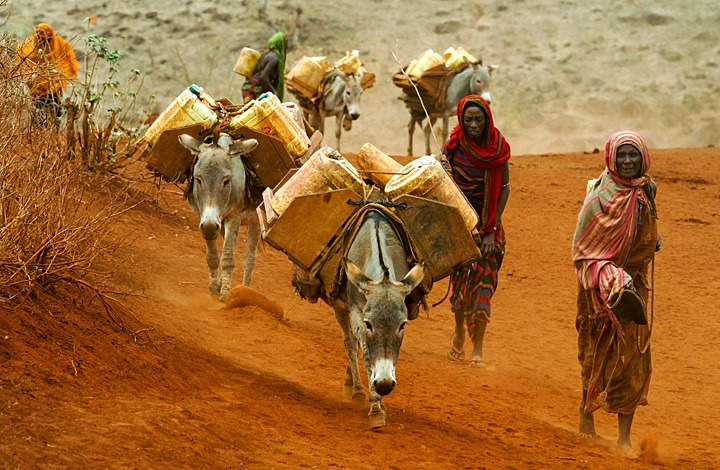The Great Land Grab: A rush for food security and profits
Want to avoid the next food price crisis? Tired of unreliable rice and corn exporters? Why not buy up fertile land abroad and ship your own fresh, dependable supplies of foodstuffs and biofuels back home? That solution seems to make sense for more and more cash-rich, food-importing countries. Foreign land acquisitions and long-term lease-holdings, starting on a modest scale over a decade ago, have recently turned into a rush. Government concerns about national food security are one main driver. Speculative profits are another. With eyes fixed on low-cost, fertile land in Asian, African and Latin American countries as well as Canada and Central Europe, private investment funds are relishing the prospect. The US commodities guru Jim Rogers told Fortune magazine in June 2009: “I’m convinced that farmland is going to be one of the best investments of our time.” If humanity, as predicted, tops 9 billion people by 2050, some estimates say that must be matched by a 70% boost in world food production. But what to grow it on? 12 million hectares of arable land – roughly the size of Greece or Nepal, enough to harvest 20 million tonnes of grain and feed six million people per annum – are lost to desertification each year. Already, over 900 million people are undernourished and 65 countries are facing food shortages, according to the 2010 annual report (download PDF) of the World Food Programme. Stark factors like these help explain much of the phenomenon. The World Bank estimates that, since 2006, about 50 million hectares (120 million acres) in Africa, Latin America and Asia – an area equivalent to almost half the cropland of China – have either been signed away or remain under negotiation. The World Bank conservatively puts the value of these deals at US$50 billion, others at twice that amount. Lack of reliable figures is a major handicap facing analysts, but existing estimates are startling. “Some countries have been confronted with informal requests amounting to more than half their cultivable land area”, said a joint report by the FAO, the International Fund for Agricultural Development (IFAD), the UN Conference on Trade and Development (UNCTAD) and the World Bank Group last January. …
